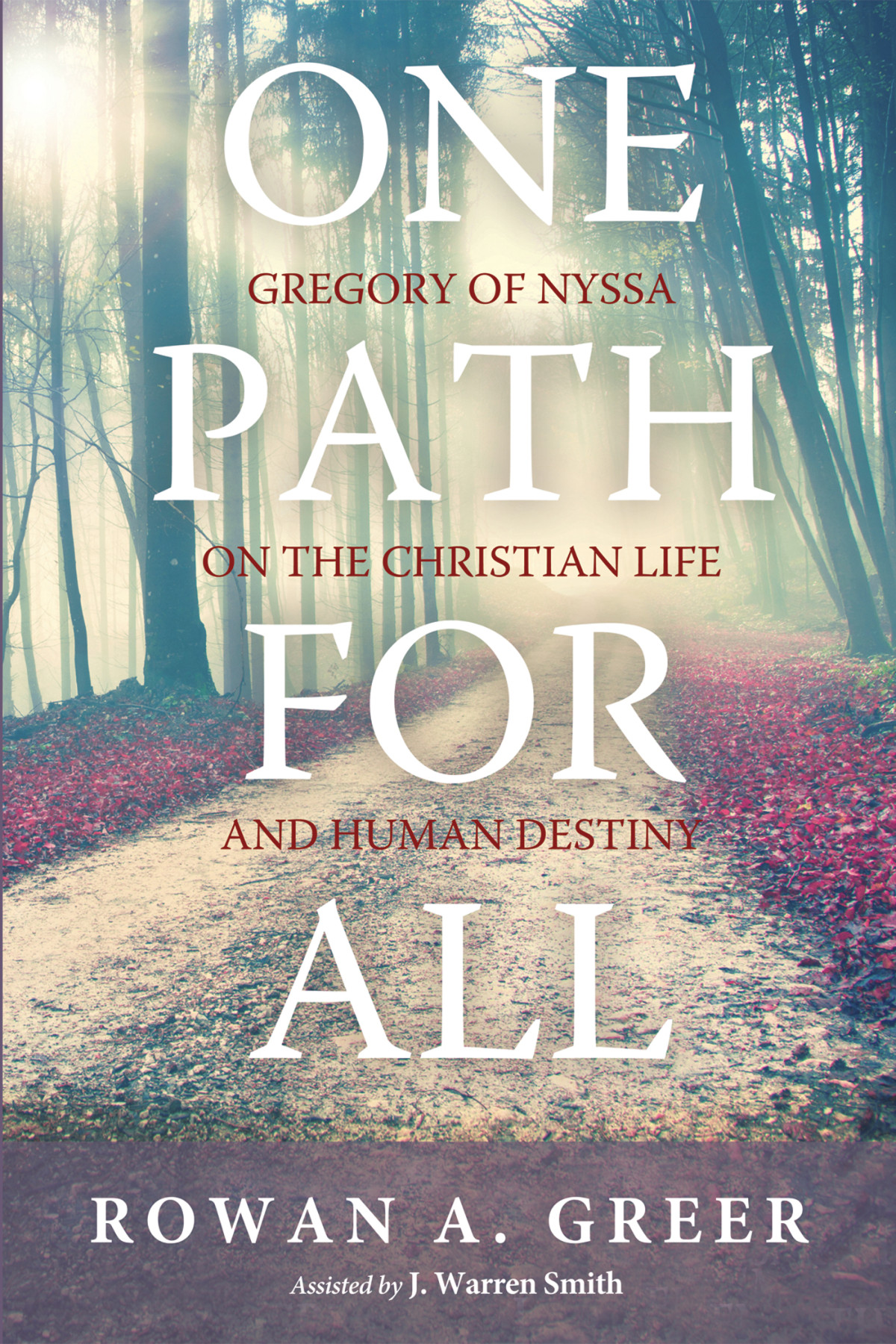

Most ebook files are in PDF format, so you can easily read them using various software such as Foxit Reader or directly on the Google Chrome browser.
Some ebook files are released by publishers in other formats such as .awz, .mobi, .epub, .fb2, etc. You may need to install specific software to read these formats on mobile/PC, such as Calibre.
Please read the tutorial at this link: https://ebookbell.com/faq
We offer FREE conversion to the popular formats you request; however, this may take some time. Therefore, right after payment, please email us, and we will try to provide the service as quickly as possible.
For some exceptional file formats or broken links (if any), please refrain from opening any disputes. Instead, email us first, and we will try to assist within a maximum of 6 hours.
EbookBell Team

4.8
84 reviewsIn his writings and his career Gregory of Nyssa assumes many roles. He is a Christian Platonist, a spiritual guide for ascetics and those seeking the vision of God, as well as one of those who shaped the Trinitarian doctrine of God espoused at Constantinople in 381. But he is also a popular preacher and, paradoxically, someone unafraid of deeper speculations regarding the meaning of the Christian ideal. The translations in Part One illustrate these various concerns, but are not a sufficient basis for the thesis of Part Two, one that attempts to answer the question of how to describe the coherence of a thinker far from systematic. One solution is to appeal to Gregory's conviction that after this world all Christians, indeed all humans, will be united in diversity, and that this means that all are now on the one path to their destiny, however much their progress may differ. This answer does not pretend to solve all problems, nor does it rule out other approaches to Gregory's thought. But it locates Gregory's work in the liturgical and sacramental life of the church that includes ordinary as well as elite Christians.
**